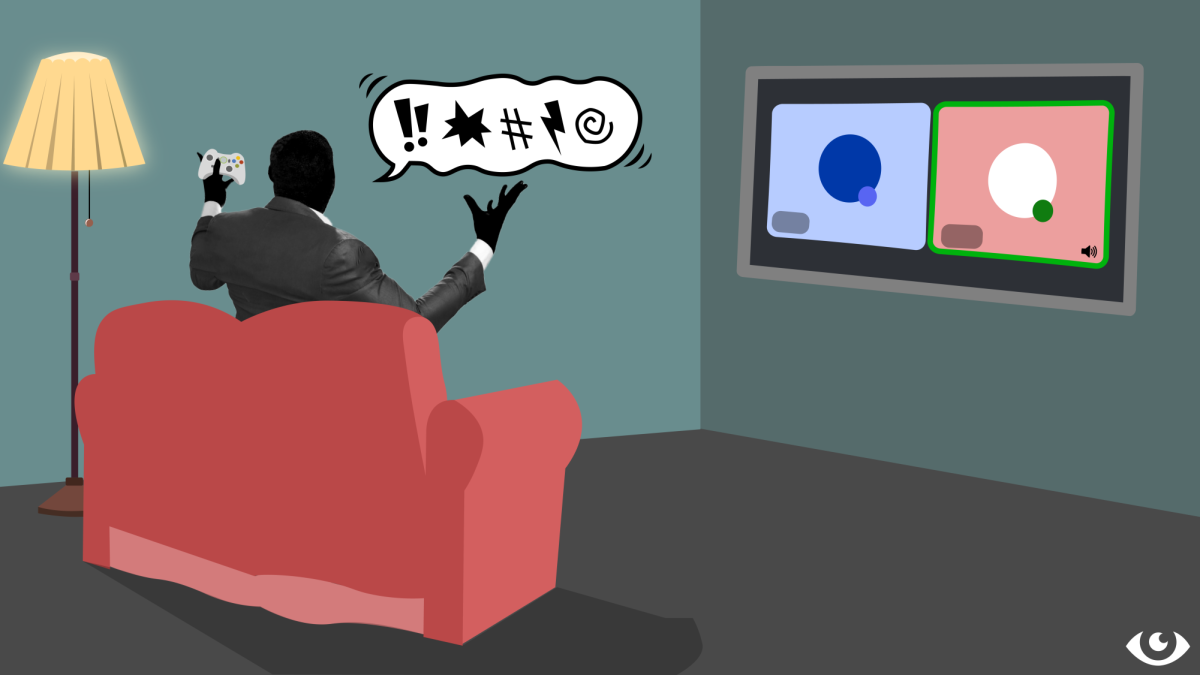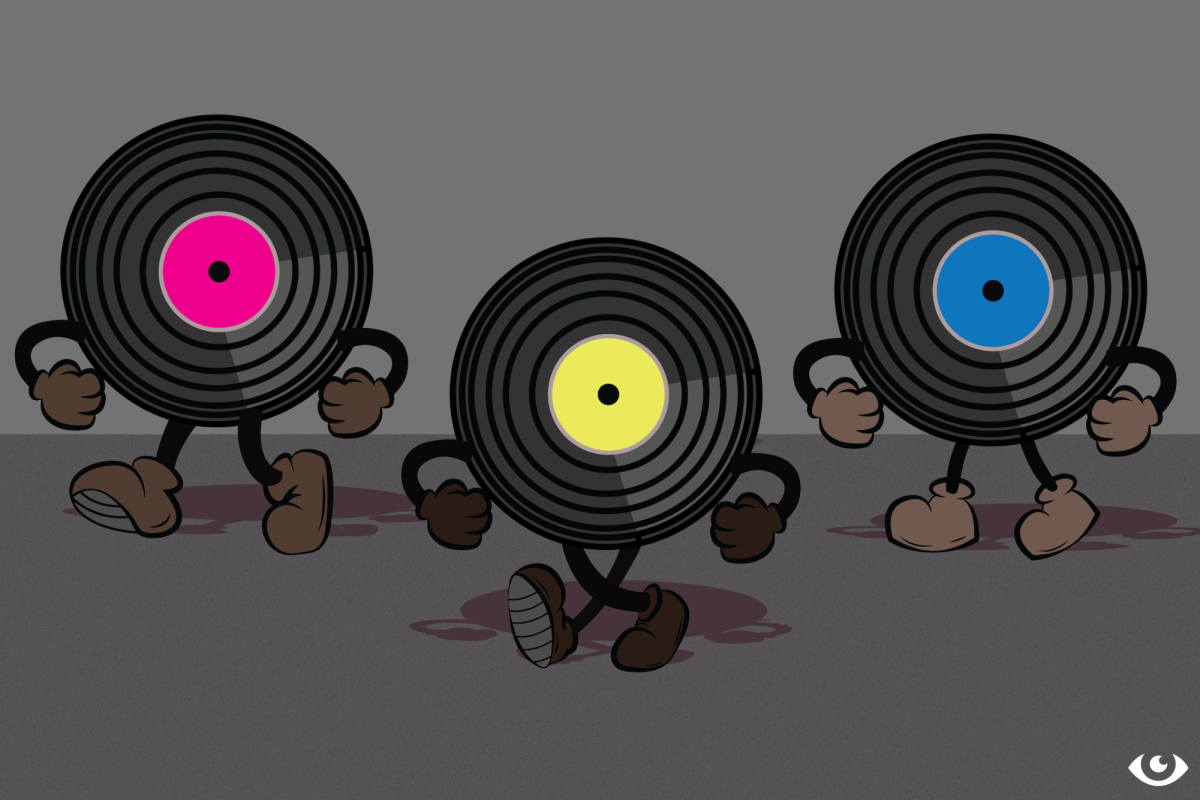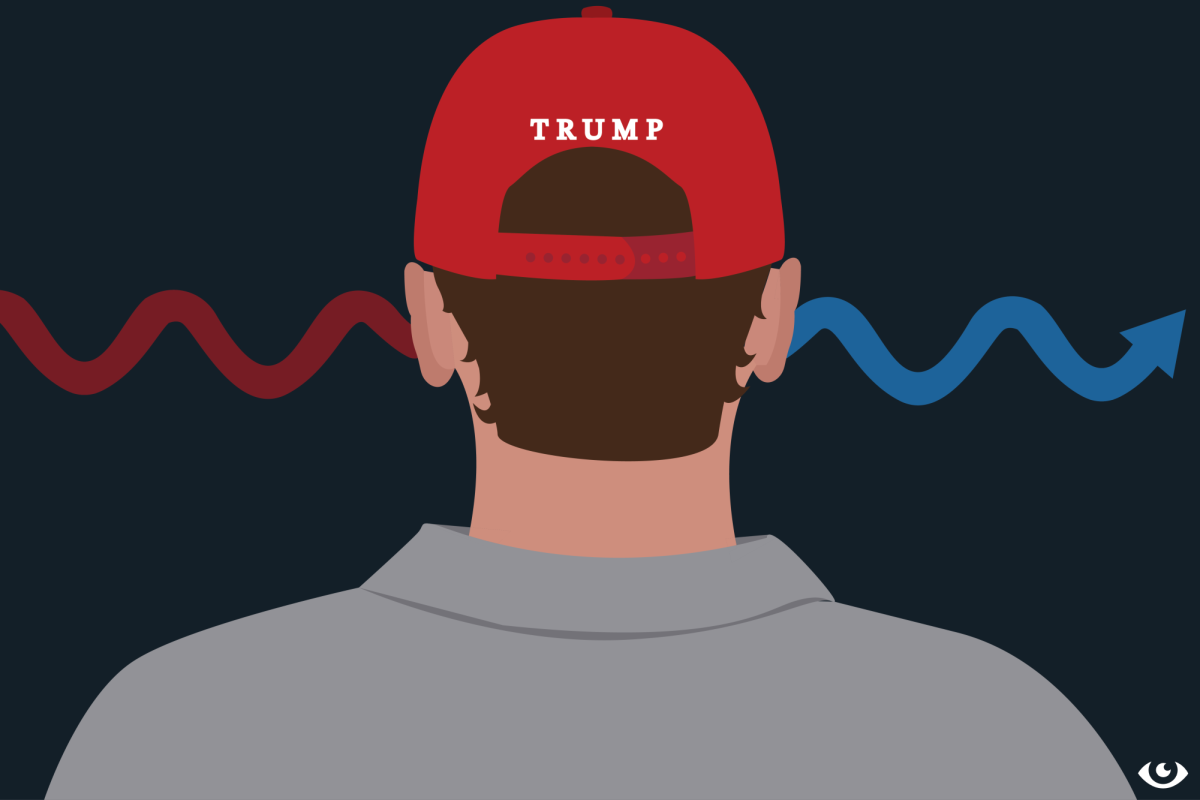Video games have become a large presence in the lives of many teens. They can help teens build connections with one another, improve performance on cognitive exams, strengthen impulse control and develop other key life skills. However, these spaces that are supposed to provide fun and adventure, have become invaded with hostility, anger and racism. Most notably, the use of slurs in video game voice and game chats has become obscene and is indoctrinating youth with hate.
A study analyzing over 30 hours of gameplay in online shooter Call of Duty found that among the 150 users who engaged in voice chat, 10% used racial or ethnic slurs. This alarmingly frequent use of the n-word and other slurs in video games have led many to consider how to limit the use of slurs. When the n-word is “shrugged off” it becomes far more dangerous; if a slur is to become destigmatized, then the history of the slur is forgotten.
The normalization of the n-word and other slurs has become increasingly apparent. Recently, Modulate AI developed an AI voice chat moderator to “make voice chat safe.” The Call of Duty franchise, the second best-selling video game franchise ever, has recently implemented this moderation AI into its most recent installment and it has proven to be effective. Since the launch of Call of Duty Modern Warfare 3, players saw a 50% reduction in “severe instances of disruptive voice chat.” However, this technology would never have been necessary if it wasn’t for the widespread use of slurs.
The n-word holds its roots in racism, enslavement and bigotry. Invented as a derogatory term towards enslaved African-Americans, the n-word still holds the pain of those it was used on centuries ago. The intention behind the word was to dehumanize enslaved African-Americans. The negative connotation of the word is still an issue when used today. However, many African-American youth today use the n-word to call one another “friend.” This presents an issue: more and more young people absorb the meaning of the n-word to be a “friendly” term without understanding its derogatory history.
The sample size of this absorption is substantial. A study finds that 83% of African-American teens and 71% of white teens play video games. These video games can serve as an exchange of culture, through the medium of voice chat. As adolescent brains develop, teens begin to form different ideas and beliefs based off of what surrounds them and their life. This exchange allows the casual use of the n-word to permeate teens’ vocabulary.
Destigmatizing the n-word can be a danger to African-American history and culture. It is important to keep in mind and understand the weight of the n-word — acknowledging and understanding history is key to preparing for the future. It is imperative that teens educate themselves about the n-word and its past. Without knowledge and understanding, teens will grow up believing bigoted ideas are okay.














